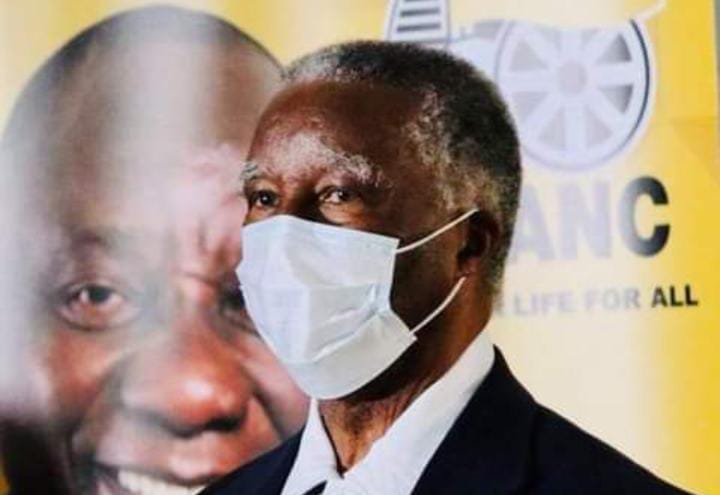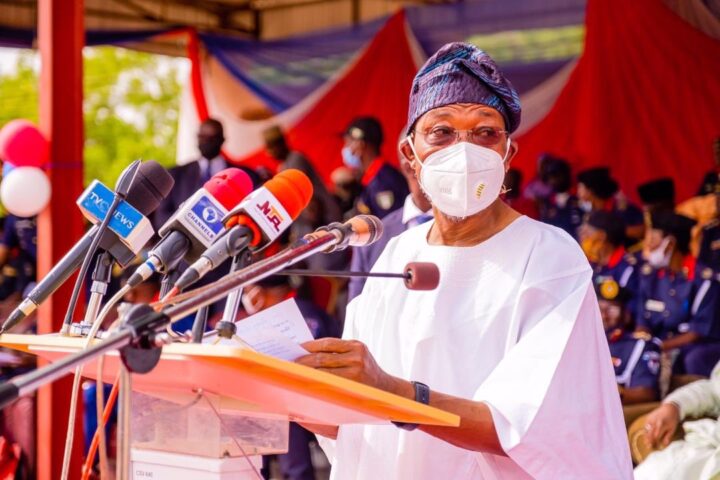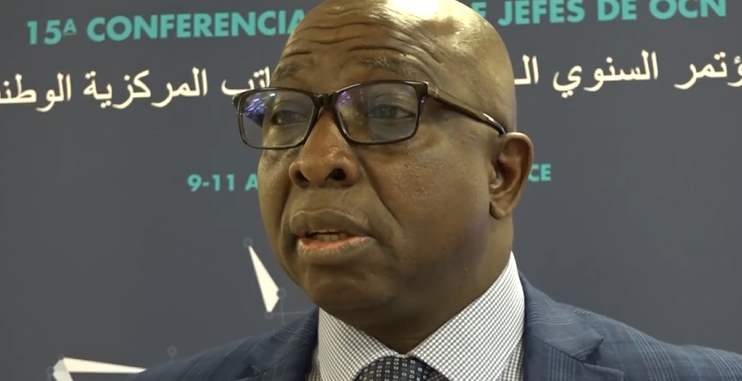Thabo Mbeki, former president of South Africa, says he and Abdulsalami Abubakar, former head of state of Nigeria, worked against a third term during the tenure of former President Olusegun Obasanjo.
Towards the end of Obasanjo’s second term in office, a bill was proposed to the Nigerian parliament to amend the constitution and grant the president an extra term.
Although the bid was eventually defeated by a senate headed by Ken Nnamani, it has continued to generate comments and opinions.
Speaking virtually on Thursday at a conference held in Abuja, Mbeki narrated his role alongside Abubakar in standing against the proposed constitutional amendment during Obasanjo’s tenure.
Advertisement
He said after putting a call through to Obasanjo to voice his discontent on the proposal, he agreed with Abubakar to “intervene against the constitutional amendment”.
“As a privilege to reiterate the commitment of general Abubakar to democracy in Nigeria in 2006, more than five years after he had handed over powers to Olusegun Obasanjo, the constitution on whose basis president Obasanjo was elected described a two-term limit for the head of state, and since he [Obasanjo] had been elected for the second time, this meant that he would end his term in 2007,” the second post-apartheid president of South Africa said.
“But some time before, in 2005, a campaign began in Nigeria to amend the constitution to allow for three presidential terms. This developed to a point that the draft of the proposed amendment had been presented to the Nigerian parliament as papers.
Advertisement
“When I heard about this development, I engaged Obasanjo to communicate my unease at the proposal. In the end, I discussed it with general Abubakar, and we agreed that the proposed amendment was undesirable. We shared the view that the amendment must be avoided at all costs. We were of one mind that it spells bad both for Nigeria and the rest of the continent, tampering with and compromising our democratic system, which is just a few years old.
“We agreed to add our voices to those kicking against the amendment. We agreed that Abdulsalam would follow the situation in Nigeria closely and indicate to me when we should intervene against the constitutional amendment. I was very pleased when he called that the Nigerian senate has voted against the amendment.”
Mbeki added that the development made him realise Abdulsalam’s influence as “a defender of democratic order and the peace and unity of Nigeria, as well as the welfare of all its people”.
Advertisement
Add a comment






